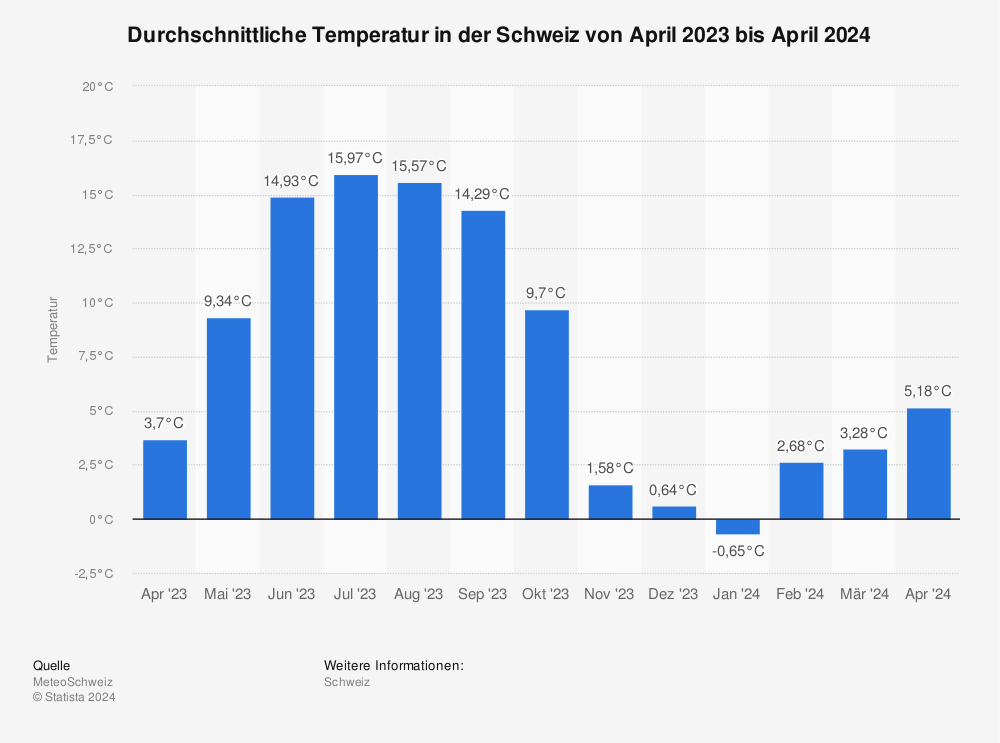Everything that changes in Switzerland in August 2021

From Covid to schools - and of course Swiss National Day - August 2021 has some changes in store in Switzerland.
August 1st: Swiss National Day
This day marks what is nowadays viewed as the beginning of the Swiss confederation way back in 1291.
Fireworks displays are usually held across Switzerland, but these have been banned in several places.
In the capital of Bern, for instance, the fireworks display in the old town has been banned due to the pandemic, while the official celebration has also been cancelled.
In Zug, an official party will be held but only for those who have a valid Covid certificate.
READ MORE: What will Switzerland’s Covid-19 pass allow you to do?
The Federal Customs Administration (FCA) is warning the population against the importation of unauthorised fireworks.
“Anyone wishing to import fireworks must in principle obtain an import authorisation from the Federal Office of Police,”, FCA says in a press release.
Import of pyrotechnic devices of up to 2.5 kilograms per person is allowed without authorisation, as long as they are not prohibited in Switzerland.
However, the importation of fireworks exploding on the ground is not allowed. The importation of “Lady-Crackers” over 22 millimetres in length or over 3 millimetres in diameter is also prohibited.
Banned fireworks “will be sequestered on importation or if an import authorisation is lacking. Any infringement of the law will denounced to the public prosecutor”, FCA said.
Students head back to school
School start dates vary from canton to canton, but it is around the third week of August.
Health experts warn that this year the rate of infections will increase among the 12 to 15-year-olds after summer vacations.
"When you start school again, the risk of being infected is probably going to be very high", according to Pierre-Alex Crisinel, doctor in the paediatric and vaccinology unit of the Vaud Cantonal Hospital (CHUV).
He attributed this spike to the Delta variant, which is highly contagious not only for adults but for adolescents as well.
What this means is that “the probability of escaping the infection when returning to school is declining".
“This should be an incentive to get vaccinated this summer", he added.
Switzerland started vaccinating this age group in June.
Third phase of ending Covid restrictions
The end of the final phase of the government's strategy to lift the remaining coronavirus measures is scheduled for August.
This phase will begin when all those who want to get vaccinated are fully immunised.
At this time, “social and economic restrictions will no longer be justified. The remaining measures will be gradually lifted”, including the mask requirement.
The Federal Council emphasised, however, that this phase-out can be implemented only if the epidemiological situation allows it. In order for that to happen, “it is essential that as many people as possible get vaccinated”.
“If, despite everything, the pandemic were to strengthen and threaten to overload the health system, the Federal Council reserves the right to maintain or reintroduce certain measures for a certain time, such as the obligation to wear a mask, the respect of distances and the limitation of capacities”, the government added.
READ MORE: EXPLAINED: What is Switzerland’s three-phase plan for ending Covid-19 restrictions?
Covid certificate
Unlike most of Switzerland's neighbours, the Swiss Covid certificate is not required in many places.
Switzerland's Covid certificate proves vaccination, recovery from the virus or a negative test.
While in Austria, France and some parts of Italy and Germany a Covid certificate is needed to visit a restaurant or a bar, in Switzerland this is only needed in order to access large events or fun disco parties (over 1,000 people).
However with infections rising and vaccination rates slowing, the Swiss government has indicated it may expand the areas where the certificate is required to include bars and restaurants, as well as smaller events.
While early government predictions estimated that “full vaccination of the adult population (two doses) will be completed by the end of July 2021”, this benchmark has not been reached.
As of July 27th, just over 47 percent of Switzerland’s residents have received both shots — well below the 60-percent minimum set by the Federal Council.
And the overall pace of vaccinations has slowed down considerably in the past weeks as many people left for summer holidays.
Some have suggested going further to make vaccinations compulsory for employees in some industries, however this does not have widespread support.
READ MORE: Switzerland considers Covid certificates for restaurants as vaccination rates slow
Summer's glorious farewell
Although it's hard to predict given climate change-induced wacky weather, August tends to bring with it the last warm days in Switzerland before the autumn chill of September kicks in.
The average weather for Switzerland in August is just above 15C, with some regional variations.
In Zurich, temperatures can reach 24C (low of 15C), with 11 days of rain on average in August.
It's slightly warmer in Geneva 26C, with a low of 13C and only eight days of rain.
Basel averages between 15C and 25C, with nine days of rain.

Mehr Statistiken finden Sie bei Statista
Comments
See Also
August 1st: Swiss National Day
This day marks what is nowadays viewed as the beginning of the Swiss confederation way back in 1291.
Fireworks displays are usually held across Switzerland, but these have been banned in several places.
In the capital of Bern, for instance, the fireworks display in the old town has been banned due to the pandemic, while the official celebration has also been cancelled.
In Zug, an official party will be held but only for those who have a valid Covid certificate.
READ MORE: What will Switzerland’s Covid-19 pass allow you to do?
The Federal Customs Administration (FCA) is warning the population against the importation of unauthorised fireworks.
“Anyone wishing to import fireworks must in principle obtain an import authorisation from the Federal Office of Police,”, FCA says in a press release.
Import of pyrotechnic devices of up to 2.5 kilograms per person is allowed without authorisation, as long as they are not prohibited in Switzerland.
However, the importation of fireworks exploding on the ground is not allowed. The importation of “Lady-Crackers” over 22 millimetres in length or over 3 millimetres in diameter is also prohibited.
Banned fireworks “will be sequestered on importation or if an import authorisation is lacking. Any infringement of the law will denounced to the public prosecutor”, FCA said.
Students head back to school
School start dates vary from canton to canton, but it is around the third week of August.
Health experts warn that this year the rate of infections will increase among the 12 to 15-year-olds after summer vacations.
"When you start school again, the risk of being infected is probably going to be very high", according to Pierre-Alex Crisinel, doctor in the paediatric and vaccinology unit of the Vaud Cantonal Hospital (CHUV).
He attributed this spike to the Delta variant, which is highly contagious not only for adults but for adolescents as well.
What this means is that “the probability of escaping the infection when returning to school is declining".
“This should be an incentive to get vaccinated this summer", he added.
Switzerland started vaccinating this age group in June.
Third phase of ending Covid restrictions
The end of the final phase of the government's strategy to lift the remaining coronavirus measures is scheduled for August.
This phase will begin when all those who want to get vaccinated are fully immunised.
At this time, “social and economic restrictions will no longer be justified. The remaining measures will be gradually lifted”, including the mask requirement.
The Federal Council emphasised, however, that this phase-out can be implemented only if the epidemiological situation allows it. In order for that to happen, “it is essential that as many people as possible get vaccinated”.
“If, despite everything, the pandemic were to strengthen and threaten to overload the health system, the Federal Council reserves the right to maintain or reintroduce certain measures for a certain time, such as the obligation to wear a mask, the respect of distances and the limitation of capacities”, the government added.
READ MORE: EXPLAINED: What is Switzerland’s three-phase plan for ending Covid-19 restrictions?
Covid certificate
Unlike most of Switzerland's neighbours, the Swiss Covid certificate is not required in many places.
Switzerland's Covid certificate proves vaccination, recovery from the virus or a negative test.
While in Austria, France and some parts of Italy and Germany a Covid certificate is needed to visit a restaurant or a bar, in Switzerland this is only needed in order to access large events or fun disco parties (over 1,000 people).
However with infections rising and vaccination rates slowing, the Swiss government has indicated it may expand the areas where the certificate is required to include bars and restaurants, as well as smaller events.
While early government predictions estimated that “full vaccination of the adult population (two doses) will be completed by the end of July 2021”, this benchmark has not been reached.
As of July 27th, just over 47 percent of Switzerland’s residents have received both shots — well below the 60-percent minimum set by the Federal Council.
And the overall pace of vaccinations has slowed down considerably in the past weeks as many people left for summer holidays.
Some have suggested going further to make vaccinations compulsory for employees in some industries, however this does not have widespread support.
READ MORE: Switzerland considers Covid certificates for restaurants as vaccination rates slow
Summer's glorious farewell
Although it's hard to predict given climate change-induced wacky weather, August tends to bring with it the last warm days in Switzerland before the autumn chill of September kicks in.
The average weather for Switzerland in August is just above 15C, with some regional variations.
In Zurich, temperatures can reach 24C (low of 15C), with 11 days of rain on average in August.
It's slightly warmer in Geneva 26C, with a low of 13C and only eight days of rain.
Basel averages between 15C and 25C, with nine days of rain.

Mehr Statistiken finden Sie bei Statista
Join the conversation in our comments section below. Share your own views and experience and if you have a question or suggestion for our journalists then email us at [email protected].
Please keep comments civil, constructive and on topic – and make sure to read our terms of use before getting involved.
Please log in here to leave a comment.